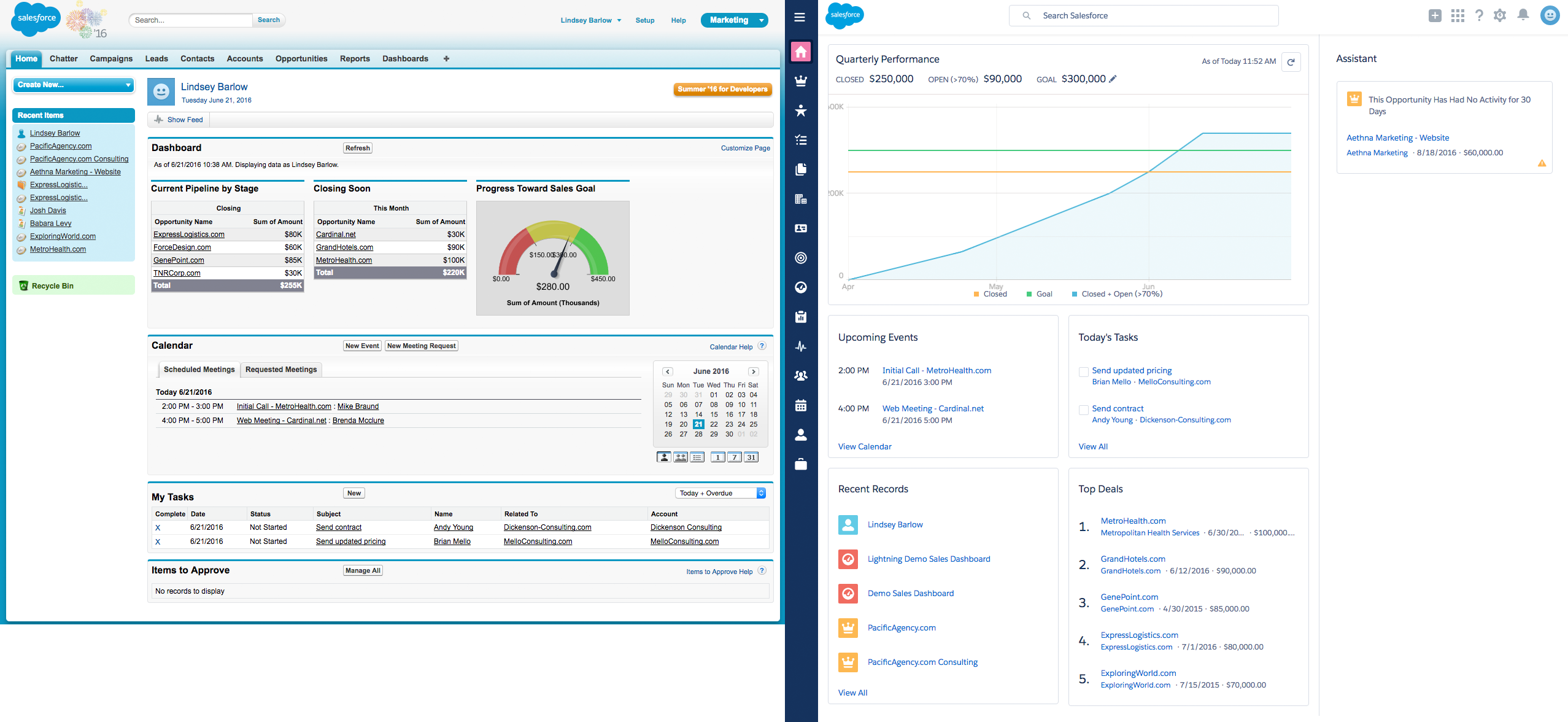
Salesforce BLIP: Complete Buyer's Guide
Sophisticated vision-language transformer architecture
Salesforce BLIP represents a sophisticated vision-language transformer architecture that has emerged as a technically advanced solution in the rapidly expanding AI image captioning market.
Market Position & Maturity
Market Standing
BLIP competes against established enterprise solutions including Google Cloud Vision and AWS Rekognition [18][34][40], but differentiates through research-proven architecture and open-source flexibility.
Company Maturity
Company maturity benefits from Salesforce's enterprise credibility and AI research investments, providing stability assurance that standalone AI startups cannot match.
Industry Recognition
BLIP's competitive CIDEr scores for complex scenes [230][269][277] demonstrate technical excellence.
Longevity Assessment
The longevity assessment benefits from Salesforce's enterprise stability and continued AI research investment, suggesting sustained development and support.
Proof of Capabilities
Customer Evidence
Healthcare implementations show faster diagnostic reporting workflows using AI captioning technologies [232][251], while retail applications demonstrate engagement improvements through personalized caption generation [216][272].
Quantified Outcomes
Performance validation reveals substantial efficiency gains: 99% time reduction in processing speed with images processed at 2.7 seconds versus 4 minutes for manual captioning [224][238][276].
Case Study Analysis
Media companies use AI for draft generation with human editorial refinement, showing production time improvements [232][272].
Market Validation
Organizations with substantial technical capabilities successfully leverage BLIP's customization potential.
Competitive Wins
Competitive evidence emerges through technical differentiation rather than direct market displacement.
AI Technology
Salesforce BLIP employs a vision-language transformer architecture that fundamentally reimagines how AI systems learn to describe images through bootstrapped training methodologies [232][235].
Architecture
The technical architecture demonstrates transfer learning capabilities with zero-shot adaptation to video-language tasks [232][235].
Primary Competitors
Primary competitors include Google Cloud Vision, AWS Rekognition, and Adobe Firefly [18][34][40][225][259].
Competitive Advantages
Competitive advantages center on technical sophistication and customization potential.
Market Positioning
Market positioning reflects technical leadership versus commercial maturity trade-offs.
Win/Loss Scenarios
Win scenarios include enterprises requiring specialized model training for industry-specific terminology [111][141], healthcare organizations needing HIPAA-compliant on-premises deployment [232][251][275], and media companies seeking research-proven performance with editorial workflow integration [232][272].
Key Features

Pros & Cons
Use Cases
Featured In Articles
Comprehensive analysis of AI Image Caption Tools for AI Design for AI Design professionals. Expert evaluation of features, pricing, and implementation.
How We Researched This Guide
About This Guide: This comprehensive analysis is based on extensive competitive intelligence and real-world implementation data from leading AI vendors. StayModern updates this guide quarterly to reflect market developments and vendor performance changes.
323+ verified sources per analysis including official documentation, customer reviews, analyst reports, and industry publications.
- • Vendor documentation & whitepapers
- • Customer testimonials & case studies
- • Third-party analyst assessments
- • Industry benchmarking reports
Standardized assessment framework across 8 key dimensions for objective comparison.
- • Technology capabilities & architecture
- • Market position & customer evidence
- • Implementation experience & support
- • Pricing value & competitive position
Research is refreshed every 90 days to capture market changes and new vendor capabilities.
- • New product releases & features
- • Market positioning changes
- • Customer feedback integration
- • Competitive landscape shifts
Every claim is source-linked with direct citations to original materials for verification.
- • Clickable citation links
- • Original source attribution
- • Date stamps for currency
- • Quality score validation
Analysis follows systematic research protocols with consistent evaluation frameworks.
- • Standardized assessment criteria
- • Multi-source verification process
- • Consistent evaluation methodology
- • Quality assurance protocols
Buyer-focused analysis with transparent methodology and factual accuracy commitment.
- • Objective comparative analysis
- • Transparent research methodology
- • Factual accuracy commitment
- • Continuous quality improvement
Quality Commitment: If you find any inaccuracies in our analysis on this page, please contact us at research@staymodern.ai. We're committed to maintaining the highest standards of research integrity and will investigate and correct any issues promptly.